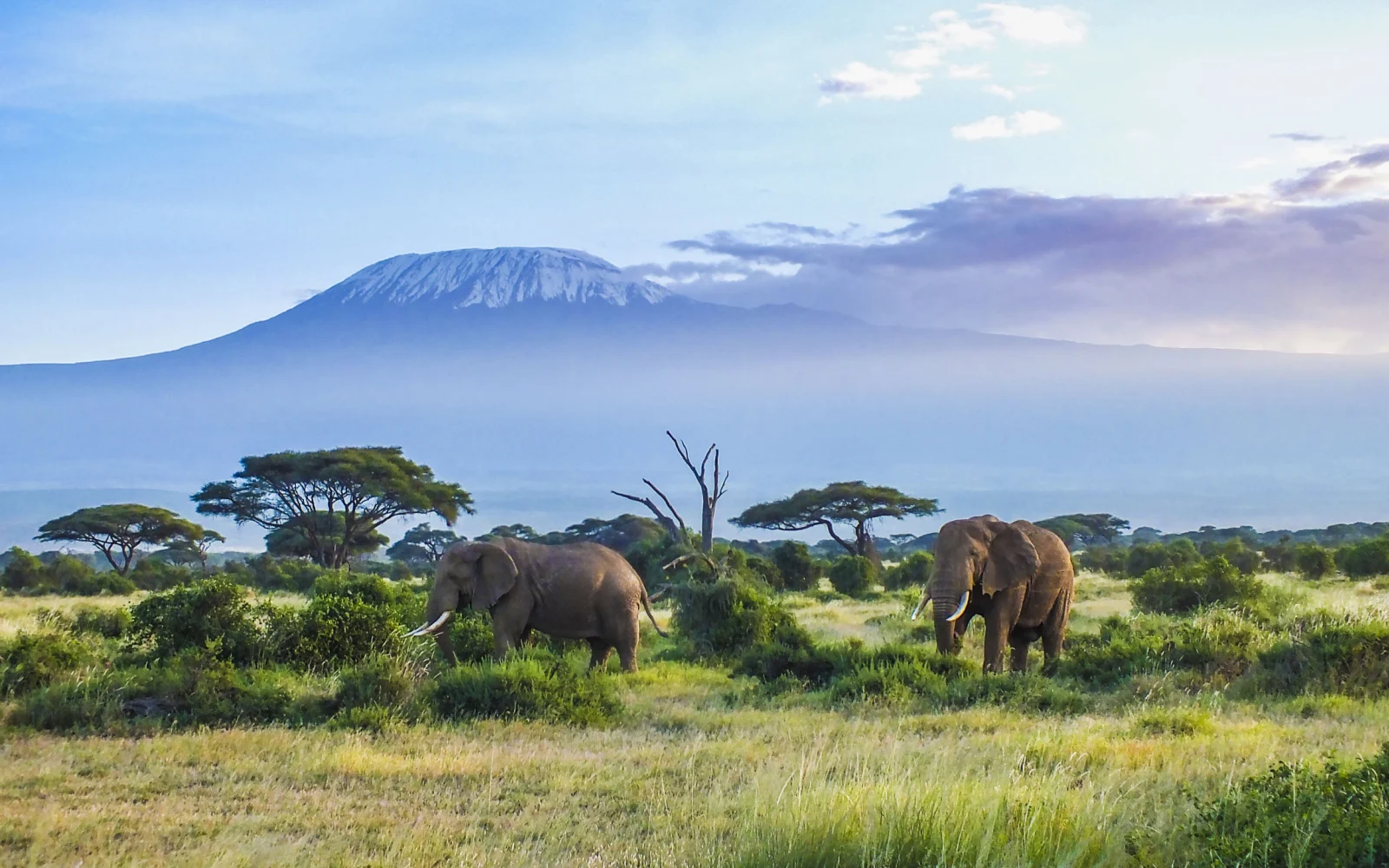Tanzania is one of the most popular tourist destinations in Africa. Nearly two million people visit the country each year. Most people flock to Tanzania to see the natural wonders, from the highest mountain on the African continent, Mount Kilimanjaro, to the beautiful beaches along the coastline.
The country’s national parks, such as Serengeti National Park, draw visitors who want to see the famous African wildlife. Tanzania also has plenty of history and culture to explore, especially on the island of Zanzibar which has a culture like nowhere else.
But while it’s rich in history, culture, and nature, is Tanzania safe to visit? Here’s our take.
Is Tanzania Safe to Visit in 2026?
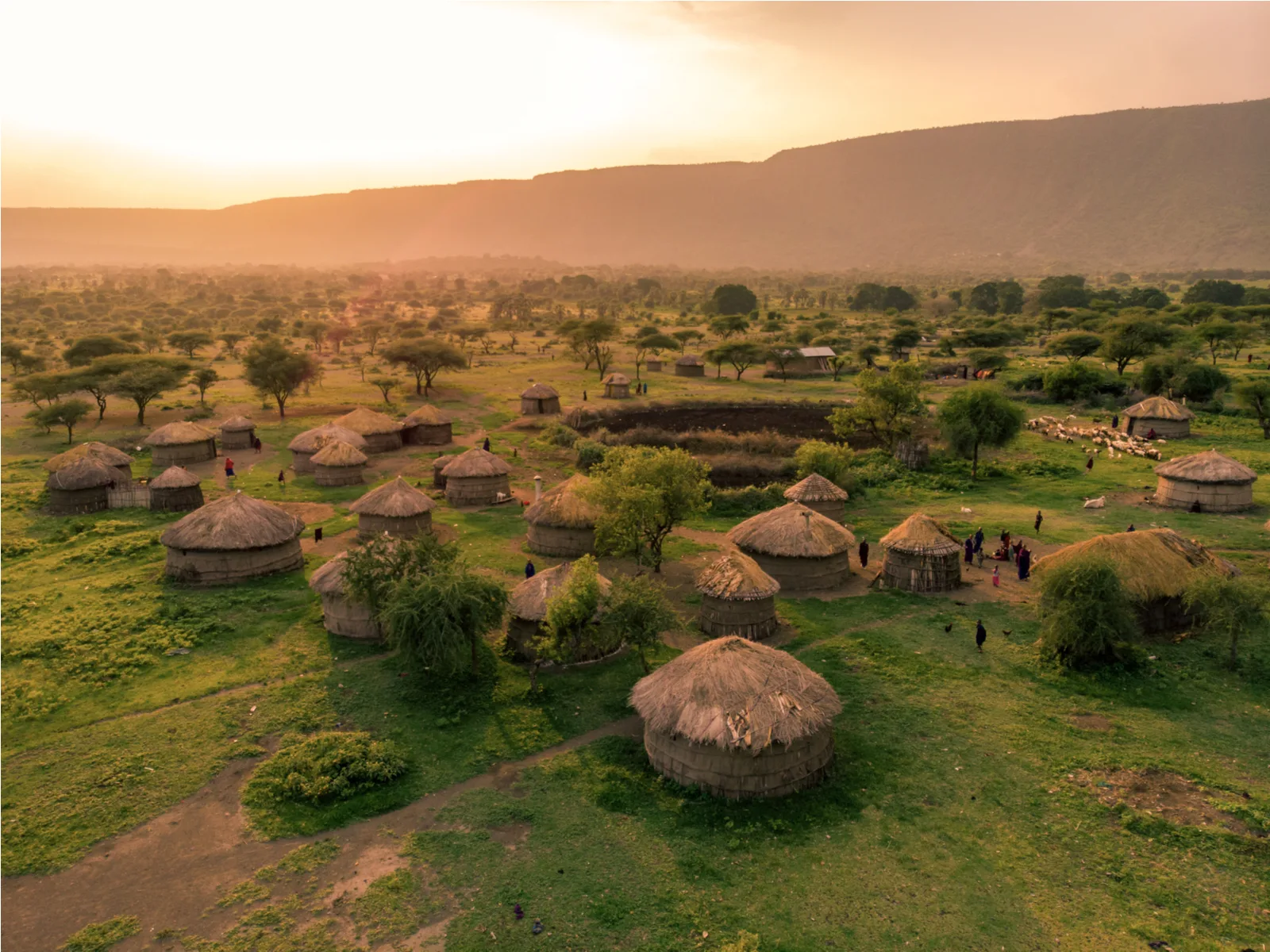
Gideon Ikigai/Shutterstock
Yes. Tanzania is mostly safe to visit, but you still need to exercise a few more precautions than you would at home.
Throughout the country, there is an elevated risk of violent crime, ranging from muggings to kidnapping. Terrorism also occurs, and there are growing violent incidents near land borders. That being said, many visitors to Tanzania have a safe, happy time.
Tanzania is mostly a victim of geography as unrest in neighboring states sometimes spills over into the borders of the country.
One major problem is the growing terrorist insurgency in Cabo Delgado, Mozambique’s northern province, which spills into the neighboring Mtwara Region on the Tanzanian side of the border.
Recently, unrest has increased around the western borders with Rwanda, Burundi, and the Democratic Republic of the Congo. This isn’t civil unrest but criminal unrest in the form of banditry. Problems over the border easily spill over into Tanzania.
Violent crime is unfortunately an issue wherever you go in Tanzania. These crimes sometimes target foreigners, especially because criminals perceive (often rightly) that foreigners are probably wealthier than locals.
Common crimes include:
- Pickpocketing
- Theft
- Armed robbery, including vehicle robbery
- Break-ins
- Sexual assault
- Terrorism
Terrorism is most common in the Mtwara region mentioned above, but it can occur anywhere in the country. There have been incidents in popular tourist destinations such as Zanzibar before, including incidents that targeted areas frequented by foreigners.
There is no way to completely avoid being a victim of terrorism because this is a crime that is random by definition. However, you can minimize your risks by staying alert, following local news, and avoiding places when authorities suggest the risk of terrorism is elevated.
With all those crimes listed out, you might be wondering why people still bother visiting Tanzania! However, crime is all relative.
Foreign governments are obliged to warn their citizens if there is a chance that bad things might occur, but most people that visit Tanzania have a great time while they are there.
The situation in Tanzania might have more dangers than your hometown, but Tanzania is one of the safest countries in sub-Saharan Africa according to the Global Peace Index.
Many visitors spend so much time worrying about the crime, they forget to take other precautions against potential dangers in Tanzania such as local wildlife.
Foreigners often get in trouble for behaving recklessly while on safari, forgetting that they are coming in contact with wild animals, not zoo animals or pets. If you visit a national park in Tanzania, stay in your safari vehicle at all times and be sure to follow the instructions of your local guide to the letter.
One final caveat is that your experience in Tanzania might depend on who you are. LGBT travelers are more likely to feel unsafe than heterosexual travelers as Tanzania’s laws are prejudiced against LGBT individuals.
Although they target mostly locals, authorities do harass LGBT people and the US government warns citizens that individuals might be harassed, arrested, and even sexually assaulted by authorities through forced anal examinations to “prove” same-sex conduct.
People with albinism are also at higher risk of violent crime due to superstitions about the condition. Ultimately, the level of safety traveling in Tanzania will depend on your traveler profile and on your own risk tolerance.
Crime in Tanzania
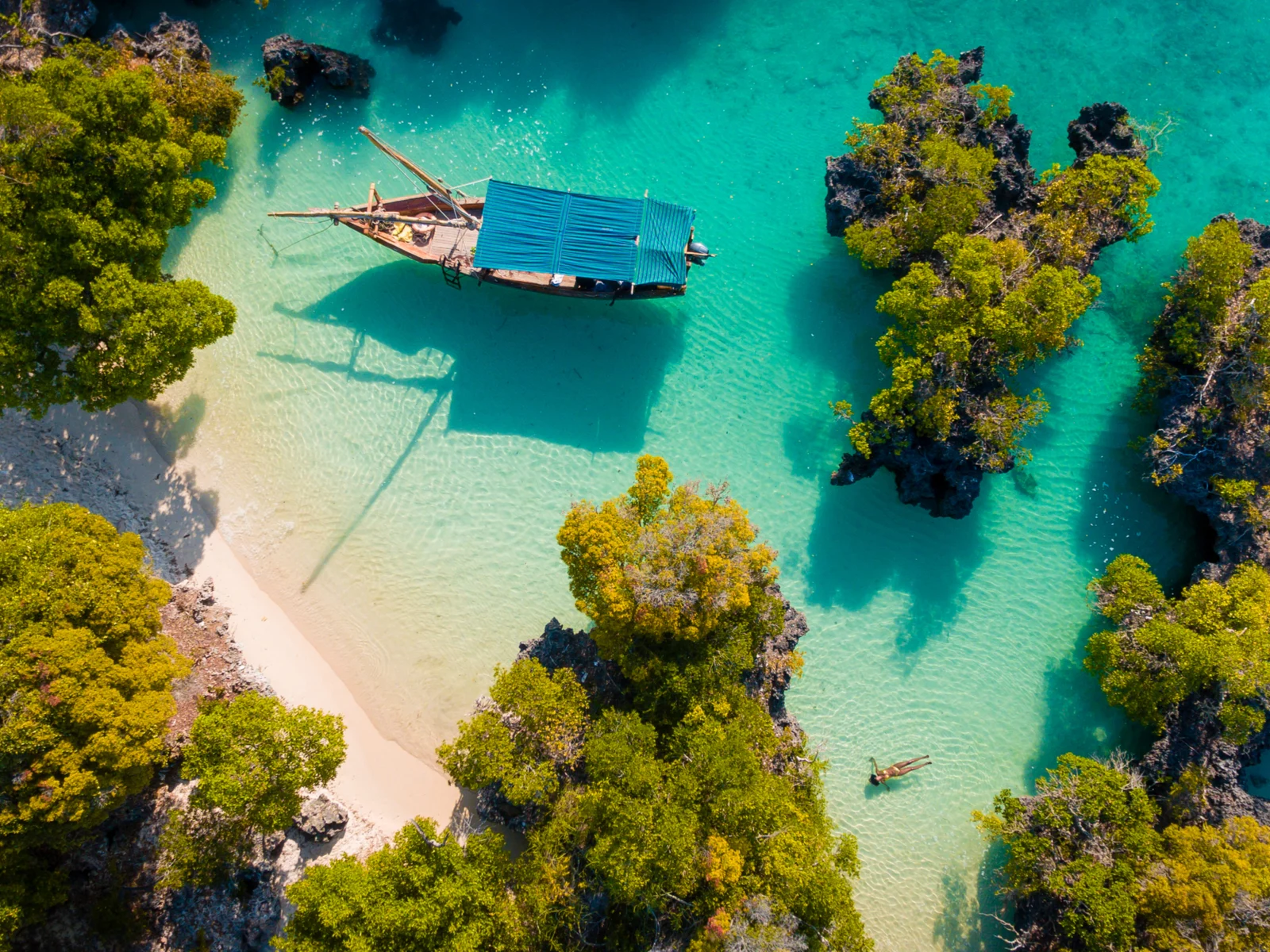
Moiz Husein Storyteller/Shutterstock
The main reason why most governments warn their citizens to be careful when visiting Tanzania is the risk of crime. For many residents of the country, worries about the crime rate are fairly persistent.
According to Cost of Living surveys, 57.62% of people believe that crime rates are moderate. Most people think that crime rates increased over the past few years.
The most common problem people worry about is corruption and bribery, at 85%, followed by car break-ins, at about 65%. However, fewer people worry about other forms of crime such as violent crime, break-ins, and discrimination.
That shows that while you certainly should take precautions while you are in the country, you are not in imminent danger everywhere you go.
While most respondents reported feeling unsafe walking around at night, during the day they felt secure in their movements. That shows that as long as you adjust your behavior, you can avoid most problems.
Other crime statistics for Tanzania are reassuring. For example, the homicide rate is six incidents per 100,000 people, a moderate rate. The homicide rate and violent crime rate have been decreasing over the past few years.
Theft
The most common problem tourists experience when visiting Tanzania is theft. Street crime is common throughout Tanzania, including pickpocketing as well as more aggressive forms of robbery such as vehicle break-ins and drive-by robberies.
For most criminals, the prospect of stealing from a wealthy foreigner is too good to pass up. Many foreign governments warn their citizens about the possibility of theft.
Australia warns its citizens about the risk of theft, especially in the bustling economic capital of Dar es Salaam. Bag snatching is on the rise, especially vehicle bag snatching. Thieves will drive past tourists on motorcycles or scooters and snatch their possessions.
To prevent yourself from becoming a victim of vehicular bag snatching, make sure you carry your bag on the side facing away from the street and beware if you notice vehicles following you suspiciously.
If someone does snatch your bag from a moving vehicle, just let it go. Injuries and even deaths have happened as a result of vehicular bag snatching when victims get dragged behind the criminals’ vehicles.
Scams and fraud are also prevalent in Tanzania, especially credit card fraud. The country still has a mostly cash-based economy. Bring cash beforehand that you convert at a reputable money exchange or take money out from ATMs that are attached to banks.
Make sure you have enough cash with you if you visit rural, off-the-beaten-path areas as they don’t have ATMs or credit cards. Stand-alone ATMs may have card skimmers or attract muggers, so use caution.
Armed Robbery
If all you had to worry about was some theft in Tanzania, you would be fine, but unfortunately more violent forms of crime are on the rise. The most common is armed robbery.
In its most aggressive forms, armed robbery devolves into banditry, usually around the country’s eastern borders with the Democratic Republic of the Congo, Burundi, and Rwanda.
The UK government warns its citizens about the threat of robberies at gunpoint, although most armed robbers still stick to machetes and sticks (not much of a comfort when you are on the wrong end of either object). The government also advises its citizens to be careful against express kidnappings.
These are kidnappings where robbers force victims to empty their bank accounts or make large cash transfers before letting them go. There are certain precautions you can take to minimize your risk of being a victim of armed robbery.
The most important one is to only use reputable transportation and hotels. Never accept rides from friendly new acquaintances or unauthorized taxis as those are the most common tactics criminals use to lure in victims for armed robbery.
Make sure that your accommodation also has security precautions such as security personnel and secure safes. Break-ins and armed robberies are becoming more common around tourist accommodations, so you want to feel safe at least where you sleep.
If you are visiting an isolated area, be sure people know about your whereabouts and try to find a travel companion.
Armed robbers are more common outside of better policed tourist areas (although they operate in popular tourist destinations as well) and are more likely to target people that seem like easy victims.
Avoiding Bad Areas
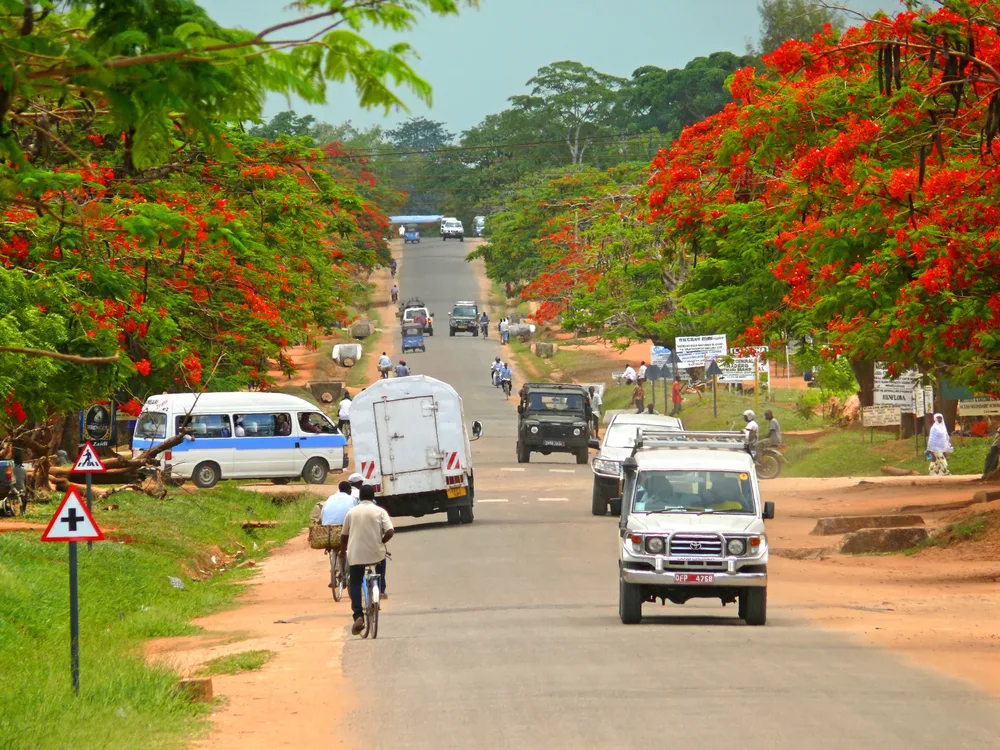
MTWARA, TANZANIA – DECEMBER 3, 2008: The settlement. Cars and men on bicycles go on the road in Mtwara, Tanzania – December 3, 2008. People go about their business. Flowering trees on the roadside/Svetlana Arapova/Shutterstock
One important tactic to follow when staying safe in Tanzania is avoiding bad areas. The first step is to check tourist advisories by your government.
Most governments advise people to stay away from the border with Mozambique, especially Mtwara region, due to a higher risk of terrorism and violence. Tanzania’s largest city, Dar es Salaam, is also home to a lot of crime.
The Canadian government has a list of areas where crimes against foreigners frequently occur, such as transportation hubs, Coco Beach, and street markets. Touré Drive is a hotspot for vehicular bag snatching, so be careful when walking and cycling around there.
Popular tourist destinations are also a bit of a hotspot for crime. The rate of street crime and sexual harassment has been steadily rising in Zanzibar.
You should definitely still visit, but make sure you have a firm grasp on your belongings when walking around Stone Town. Arusha, the town which serves as a base camp for many expeditions to Mount Kilimanjaro, is also a common draw for thieves.
Things to Consider
Here are a few other things to keep in mind when traveling in Tanzania.
- Civil unrest and protests are common in Tanzania, particularly on the island of Zanzibar. They are mostly peaceful, but it’s best to stay away from protests and large crowds just in case.
- Make sure you contact a doctor before visiting to get the vaccines you need against common diseases such as malaria. Other communicable diseases such as cholera and HIV/AIDS are also common.
- Road conditions are poor in Tanzania and drivers are often reckless, so avoid renting a car if you can.
- The rainy season is from March to May and November to January, and that is when flooding often occurs.
Frequently Asked Questions
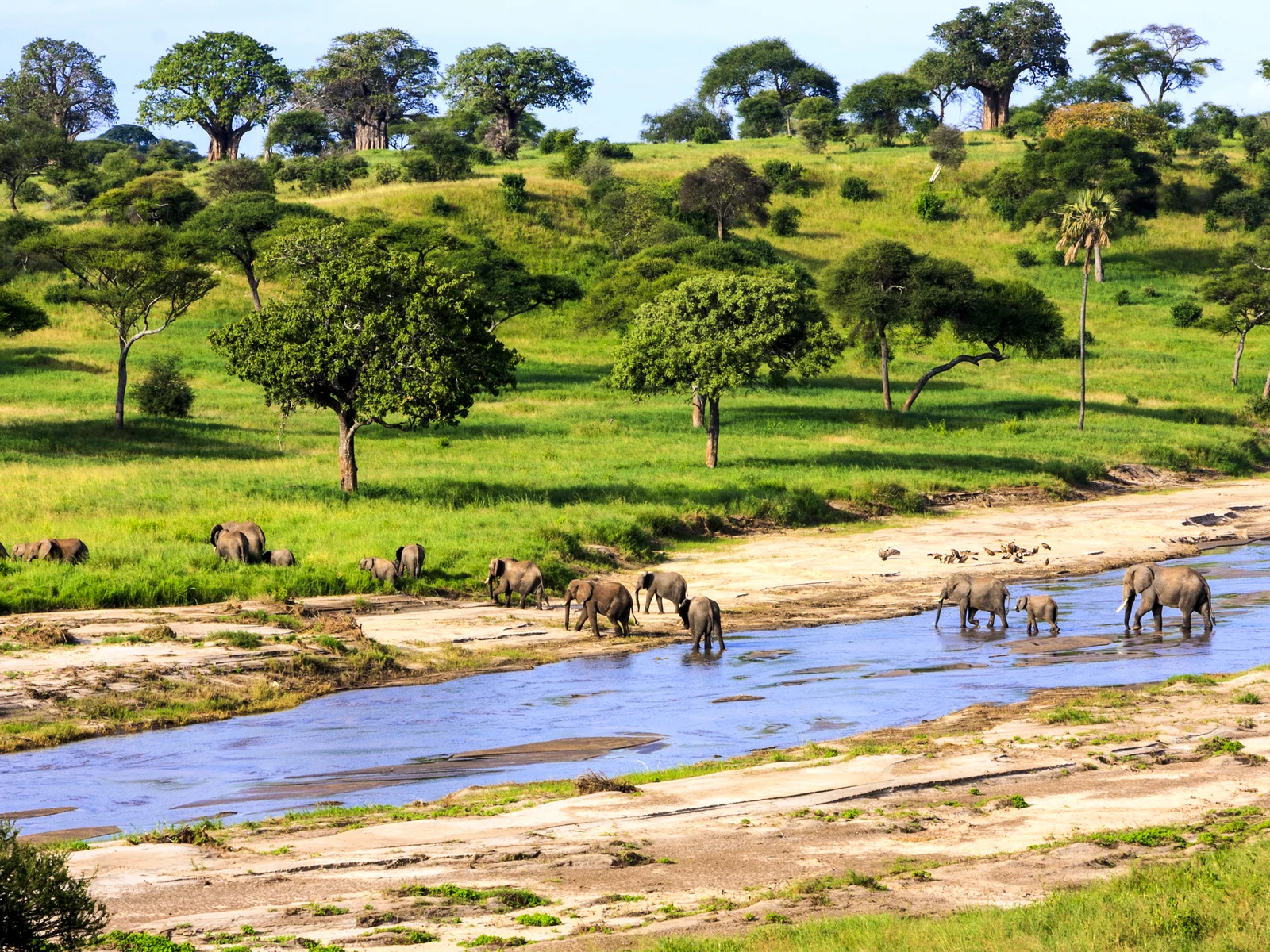
GTS Productions/Shutterstock
If you still have questions about your visit to Tanzania, these answers might address them.
Is Tanzania safe for tourists in 2023?
Yes, Tanzania is safe for tourists in 2023. You still have to take basic precautions against theft and violent crime, but nothing major has changed.
Is Tanzania good for tourists?
Tanzania is good for tourists because it has many spots that are beautiful to visit, and people dedicated to helping visitors enjoy their country. However, beware of situations that feel dangerous or of people that feel overly friendly.
Is Tanzania a friendly country?
Yes, Tanzania has a reputation as a friendly country. Many of the people are very welcoming of foreigners and want to show their hospitality. However, beware of people that seem too friendly or ask you to stay in their homes or go for a ride. These are often scammers or criminals that target unsuspecting tourists.
How safe are tourists in Zanzibar?
The island of Zanzibar is one of the most popular destinations for tourists in Tanzania, but incidents such as theft, assault, and sexual harassment do occur. You can join the many visitors that have a great time in Zanzibar by taking precautions such as watching your belongings and avoiding the beaches after dark.
What is the biggest problem in Tanzania?
While most travel articles talk about crime in Tanzania, they are referring to street crime, but the biggest problem for most locals is official crime in the form of corruption. Foreigners sometimes experience this when customs officers or police officers expect bribes in exchange for pursuing cases.
Over to You — Book Your Trip Today!
Tanzania has its challenges for visitors, including high rates of violent crime and a risk of terrorism. However, many people visit each year and have a good time by doing their research on tour operators and accommodation and taking basic precautions. Happy travels!



